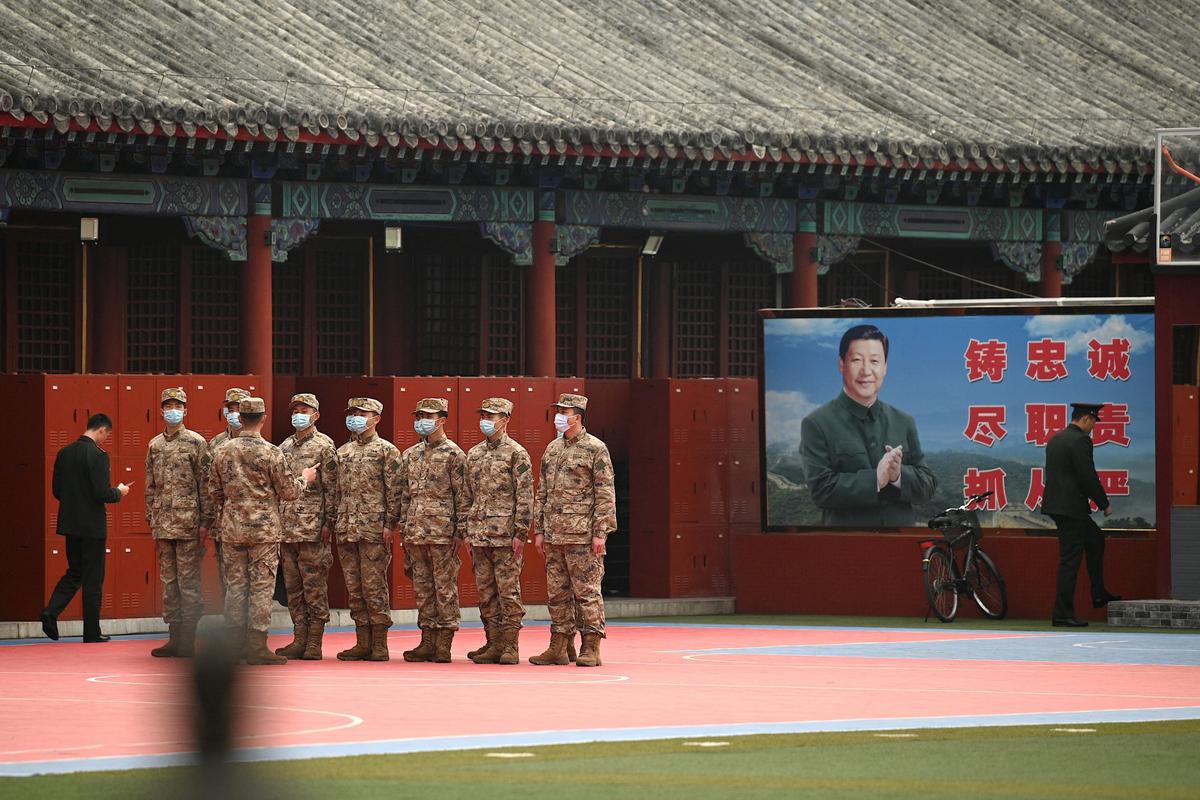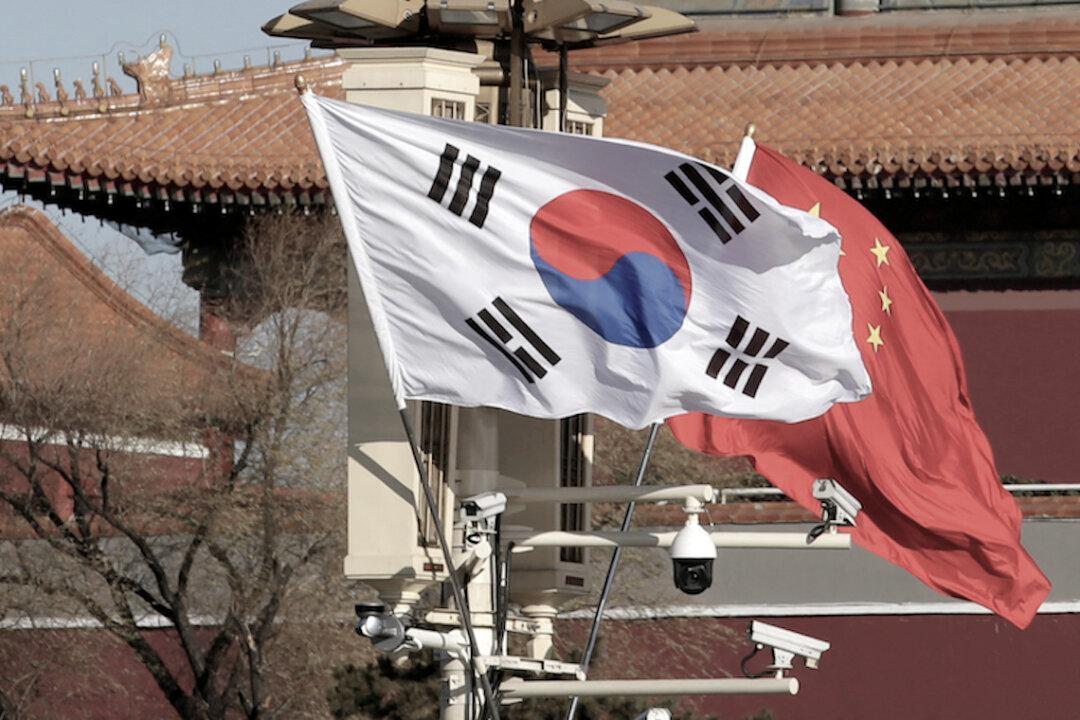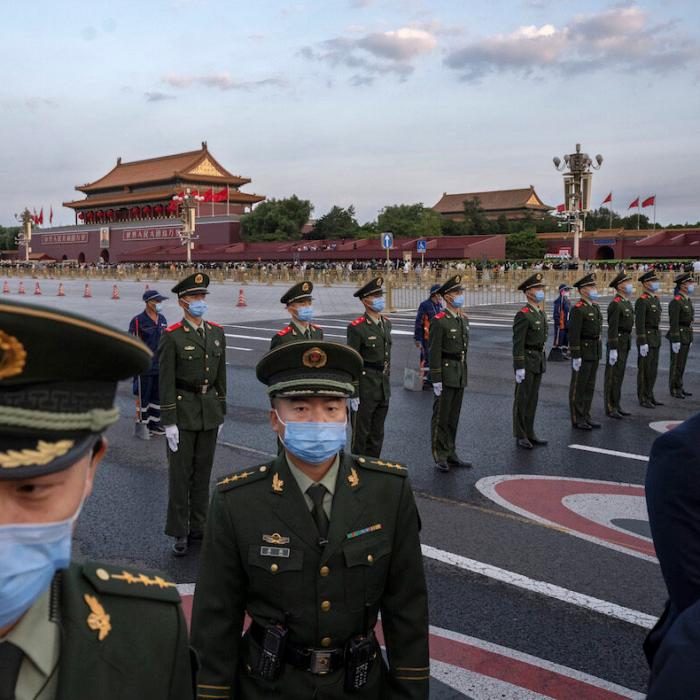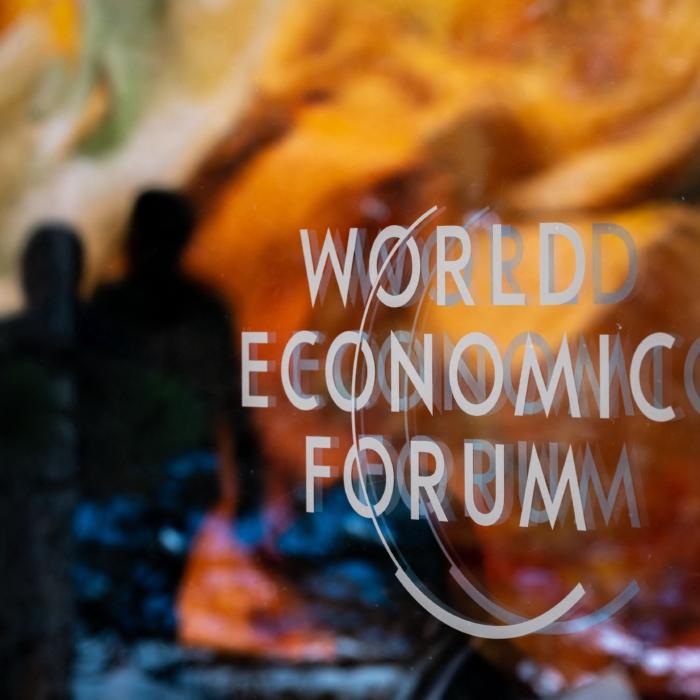The newly revised anti-espionage law expanded the definition of espionage, making it broader and vaguer. For example, the scope of subjects of stealing secrets is expanded to “other documents, data, materials, and items related to national security and interests.”
It also empowers the regime’s authorities to gain “access to data, electronic equipment, information on personal property, and also to ban border crossings.”
One Korean expatriate, wishing to remain anonymous, told the outlet, “With the current strain in South Korea–China relations and a tense atmosphere in China, we can’t predict how this law might be leveraged against us.”
Korean media, recognizing the potential for wide-ranging implications of the Espionage Law, has likewise been diligent in raising public awareness.
Further scenarios include interactions with North Korean affiliates, taking photographs of the China–North Korea border region, tourists unintentionally capturing images of military facilities or security zones, visiting protest sites, or photographing demonstrators. Such activities, generally considered innocuous, could also draw scrutiny under the new law.
Korean media and publications have urged South Korean expatriates, businesses, and tourists in China to exercise utmost caution. In a clear reflection of the escalating concerns, they advised against any unnecessary travel to China.

‘Evokes Memories of Cultural Revolution’
Maeil Business News commented in an editorial that the new law evokes memories of the Cultural Revolution, a time characterized by societal upheaval and widespread fear. It also highlighted concerns that the CCP could potentially leverage the law as a retaliatory measure against South Korea amid the diplomatic tension.The Cultural Revolution, spanning from 1966 to 1976 under the aegis of CCP leader Mao Zedong, was a decade of profound turmoil, violence, and societal disruption in China. During this period, the state exercised brutal control over the lives of Chinese citizens, utilizing ambiguous laws and regulations to consolidate power and stifle dissent. Official estimates suggest at least 1.5 million people died in this period due to violence, forced labor, and widespread famine.
THAAD (Terminal High Altitude Area Defense) is a U.S.-designed and manufactured anti-missile system installed in South Korea between 2016 and 2017 as a bulwark against a potential North Korean missile attack. But Beijing has insisted that the deployment of THAAD affects China’s security and has since adopted a series of countermeasures against South Korea.
In addition to the anti-espionage law, the CCP is set to implement its Foreign Relations Law from July 1. The new law requires all organizations and individuals to uphold Chinese interests in international exchanges. Anyone that “commits acts that are detrimental to China’s national interests” will be held legally accountable, it says.
Korean Flights to China Drop 90 Percent
A noticeable impact of the strained South Korea–China relations is the significant drop in the number of Koreans traveling to China this year, as reported by TV Chosun. The current figures show a staggering 90 percent decrease compared to pre-pandemic levels. Despite China lifting all entry restrictions on foreigners in April, the decline was still significant at 85 percent.TV Chosun’s report painted a stark contrast at the airport, where long queues could be seen at the counters processing travel to the United States, while the counters handling travel procedures for China were noticeably less busy. This shift has prompted the Korean aviation industry to re-strategize, reducing the number of Korea–China routes and increasing the frequency of Korea–Japan routes.
Likewise, Asiana Airlines is also planning to suspend the Gimpo–Beijing route from July 6, the Incheon–Shenzhen route from July 8, and the Incheon–Xi’an route has already been suspended since June 20.
As South Korea prepares for the looming uncertainty, it continues to adopt preventive measures and propagate awareness among its citizens to navigate these challenging diplomatic times.







